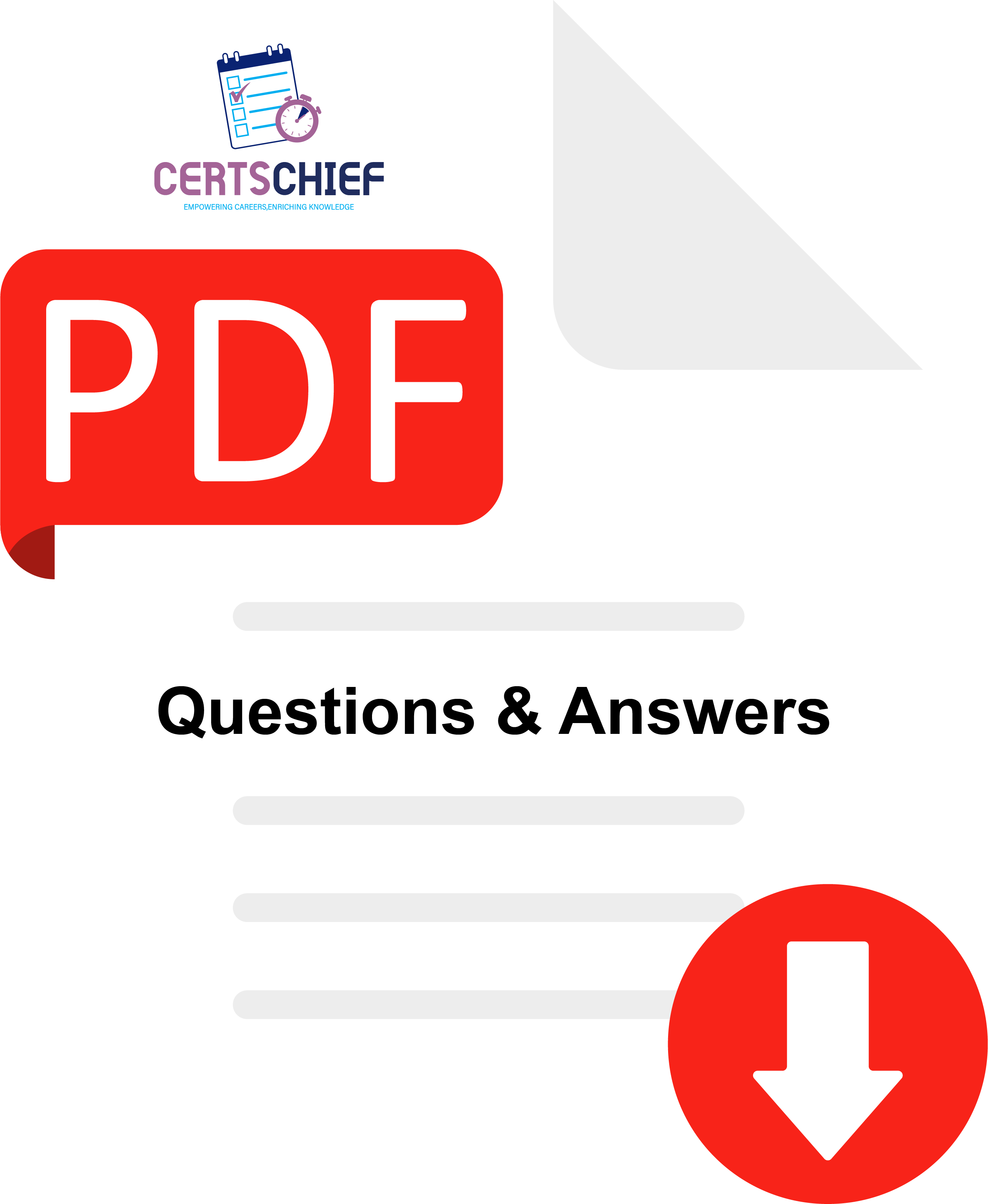Medical Technology Practice Test and Questions Answers PDF
Medical technology, also known as medtech, encompasses a wide range of healthcare innovations that revolutionize the way we diagnose, treat, and manage various medical conditions. From cutting-edge diagnostic tools to life-saving devices and advanced treatment options, medical technology plays a pivotal role in improving patient outcomes, enhancing the quality of healthcare services, and transforming the entire medical landscape. This comprehensive 1000-word description explores the diverse facets of medical technology, its impact on healthcare delivery, and the future prospects of this rapidly evolving field.
- Evolution of Medical Technology:
Medical technology has a rich history that spans centuries. The earliest medical advancements date back to ancient civilizations, where herbs and natural remedies were used to treat illnesses. However, significant breakthroughs began during the Industrial Revolution when the microscope and other basic medical instruments were developed. In the 20th century, the field experienced explosive growth with the advent of X-rays, antibiotics, and various surgical innovations. Today, medical technology is driven by sophisticated devices, data-driven analytics, and artificial intelligence, which have reshaped medical practices profoundly.
- Diagnostic Imaging and Precision Medicine:
One of the most remarkable areas of medical technology is diagnostic imaging. Advanced imaging modalities, such as Magnetic Resonance Imaging (MRI), Computed Tomography (CT), Positron Emission Tomography (PET), and Ultrasound, provide detailed insights into the human body’s internal structures. These imaging techniques aid in early detection and accurate diagnosis of diseases, enabling timely interventions and improved patient outcomes.
Moreover, the rise of precision medicine has transformed the way diseases are diagnosed and treated. Precision medicine utilizes genetic information, molecular profiling, and patient-specific data to tailor treatment plans based on an individual’s unique characteristics. This approach has revolutionized cancer treatment, autoimmune diseases, and other complex conditions, leading to personalized therapies that offer better results with fewer side effects.
- Medical Devices and Robotics:
Medical technology has also given rise to a myriad of sophisticated medical devices that have significantly improved patient care. From pacemakers and artificial joints to insulin pumps and prosthetics, these devices have enhanced the quality of life for millions of people worldwide.
Robotics is another burgeoning field in medical technology, with applications ranging from minimally invasive surgeries to rehabilitation and physical therapy. Robotic-assisted surgeries offer increased precision, shorter recovery times, and reduced surgical risks, making them an integral part of modern healthcare practices.
- Telemedicine and Remote Patient Monitoring:
The advent of digital technology has brought forth a new era of healthcare delivery through telemedicine and remote patient monitoring. Telemedicine allows patients to access healthcare services remotely, breaking down geographical barriers and providing timely medical consultations. With the increasing prevalence of smartphones and internet connectivity, telemedicine has become more accessible and convenient for patients, especially in rural and underserved areas.
Remote patient monitoring enables healthcare professionals to track patients’ vital signs and health metrics from a distance. Wearable devices, smart sensors, and mobile apps facilitate continuous monitoring of conditions such as diabetes, hypertension, and heart disease. This real-time data empowers physicians to make informed decisions, intervene proactively, and prevent potential health complications.
- Data Analytics and Artificial Intelligence:
Medical technology’s integration with data analytics and artificial intelligence (AI) has had a profound impact on healthcare management. AI algorithms can analyze vast amounts of patient data, including medical records, imaging studies, and genetic profiles, to identify patterns and make accurate predictions. These AI-driven insights improve diagnostics, treatment planning, and disease management, enabling physicians to deliver personalized and evidence-based care.
Data analytics also play a crucial role in population health management and healthcare policy decisions. By analyzing aggregated patient data, healthcare organizations can identify trends, assess public health risks, and allocate resources effectively to address health disparities and epidemics.
- Challenges and Ethical Considerations:
While medical technology offers numerous advantages, it also presents challenges and ethical considerations. Data privacy and security issues have emerged as a significant concern as the collection and storage of sensitive patient information expand. Ensuring that patient data is protected from unauthorized access and cyber-attacks is paramount to maintain trust in medical technology.
Additionally, as AI and automation become more prevalent in healthcare, questions about the role of human healthcare professionals and the potential biases embedded in algorithms need to be addressed. Striking a balance between technological advancements and the human touch in healthcare remains an ongoing ethical debate








